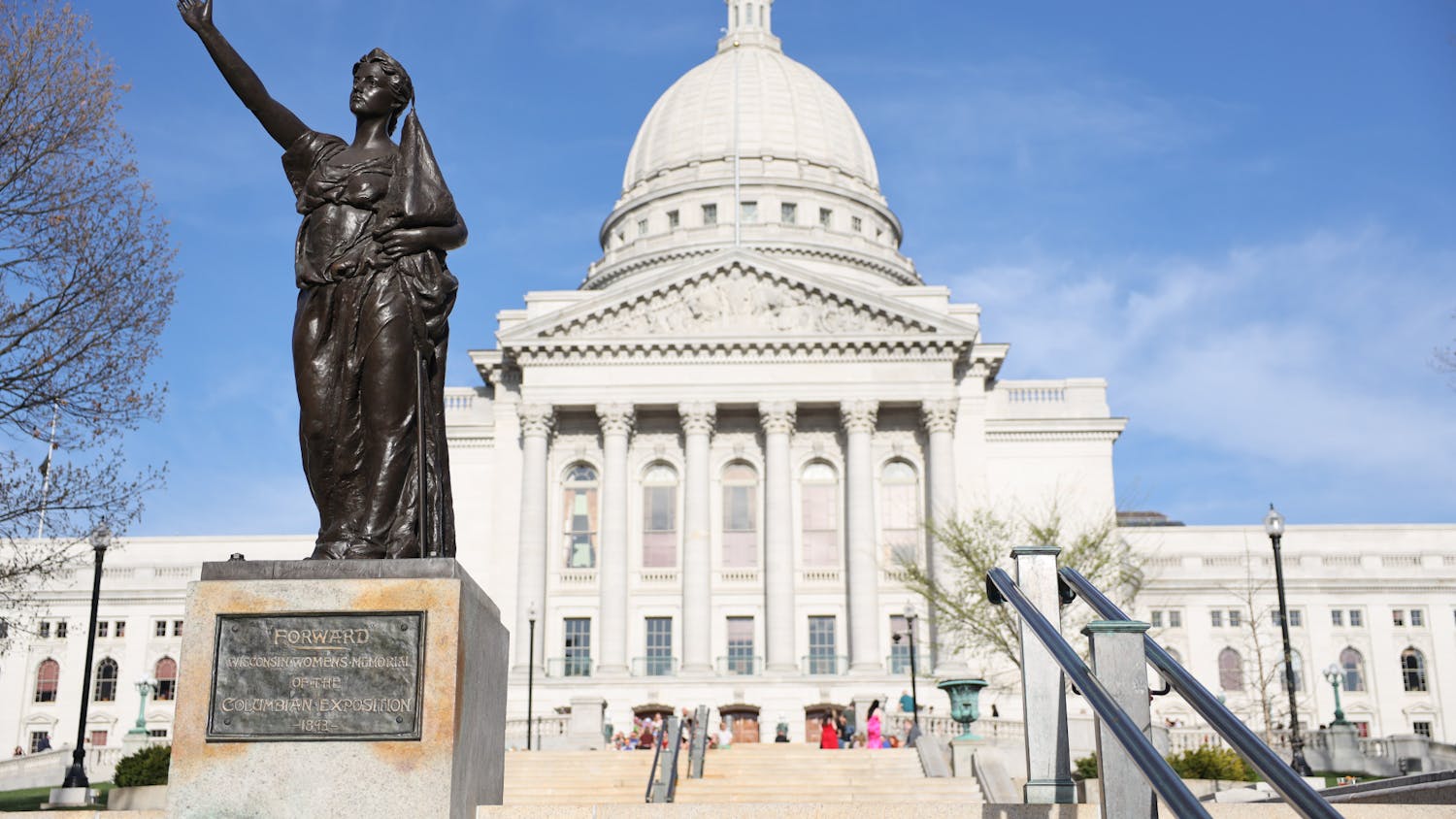When I was back in grade school in Milwaukee (God bless The Brew), we used to trace our hands to draw pictures of turkeys. We used to use squash, gourds and construction paper to create scenes that were supposed to be typical of Thanksgiving. My private Catholic grade school taught me that Thanksgiving was the day that we observe to commemorate the coming together of Native Americans and Pilgrims. The two cultures, according to history books, gathered to share food and smiles. Let's be smarter than that. We ourselves were to gather and share our common and not-so-common experiences in the spirit of good will.
Let's be serious for a minute, though. We all know, or should know, that the good pilgrims were mass murderers who used everything from guns to blankets to kill Native Americans. Our good history books and Warner Bros. cartoons alike made no mention of these crimes, though. So in the spirit of honesty, let me tell a story. I will tell the story of the pilgrims and the natives, the killers and the prey. I will tell a story about hip-hop. Let me begin.
In the 1970s and '80s, the lands that contained the first signs of hip-hop were ignored and unknown to the general population. The residents of Jamaica, South Bronx and other areas in the Caribbean Islands and New York were left alone to engage in their cultures in their land without any interference from the outside world. Hip-hop was badly needed in those times and areas. It became an outlet for expression and escape due to the despair in inner cities and the fact that the cries of the youth were ignored. Hip-hop was a culture, a religion and a spiritual movement for many. It was the new rock 'n' roll; it was the new jazz; it was the new blues. What was so great about it was that it was a continuation of a tradition'the originators of The Hop were the descendants of the founders of rock and jazz.
Things were going relatively well for the cities' hip-hoppers'they had a new escape. If their lives' conditions couldn't be changed, then at least something could be done to make them less painful. Hip-hop was about healthy competition and having fun. The facial expression that prevailed in hip-hop was the smile. Think about that. There came a time, though, when hip-hop began to grow. It became commercially viable. Acts like Jazzy Jeff and the Fresh Prince, Run DMC and LL Cool J made money for their respective companies.
Hip-hop had added another dimension to music'the world was round. Once it was known that hip-hop had something to offer, the pilgrims showed up around the early '90s. It's kind of funny how the end of hip-hop's golden age coincides with the arrival of the industry pilgrims. The pilgrims came around at the time when feuds with the federal court system and the Federal Bureau of Investigation sparked an interest in
asty"" and ""gangsta"" rap music. As a result, the greedy pilgrims started to push hip-hop into the mainstream population's eye through major label signings and industry exploitation. The big music companies signed and pushed acts that were gangsta, even if all of the members were from the suburbs. The facial expression that now dominated was either the blank and emotionless look or the mean mug. The reality is that most crooks are dead or in jail, not rapping. This immediately lowered the authenticity level of the art and compromised the integrity of the music and the culture. They almost killed hip-hop and arguably did kill some of the greatest hip-hop artists of all time. As KRS said, ""it lacks creativity and intelligence, but they don't care cuz their company is selling it!""
Luckily for hip-hop, the culture continued to evolve and even revolve. It has made a bit of a return to the fun days. There is still anger and despair, and there will be as long as the world sucks. There are more smiles nowadays, though. Actually having fun has always been a priority in hip-hop music, but for a while, no one paid attention to those who were rhyming and dancing. The pilgrims still have a chokehold on the rap music industry, but they will never have the ability to understand or control the culture. Therefore, the next time they start handing out blankets infested with smallpox, smile and say, ""Your son looks cold. Why don't you give it to him?""




